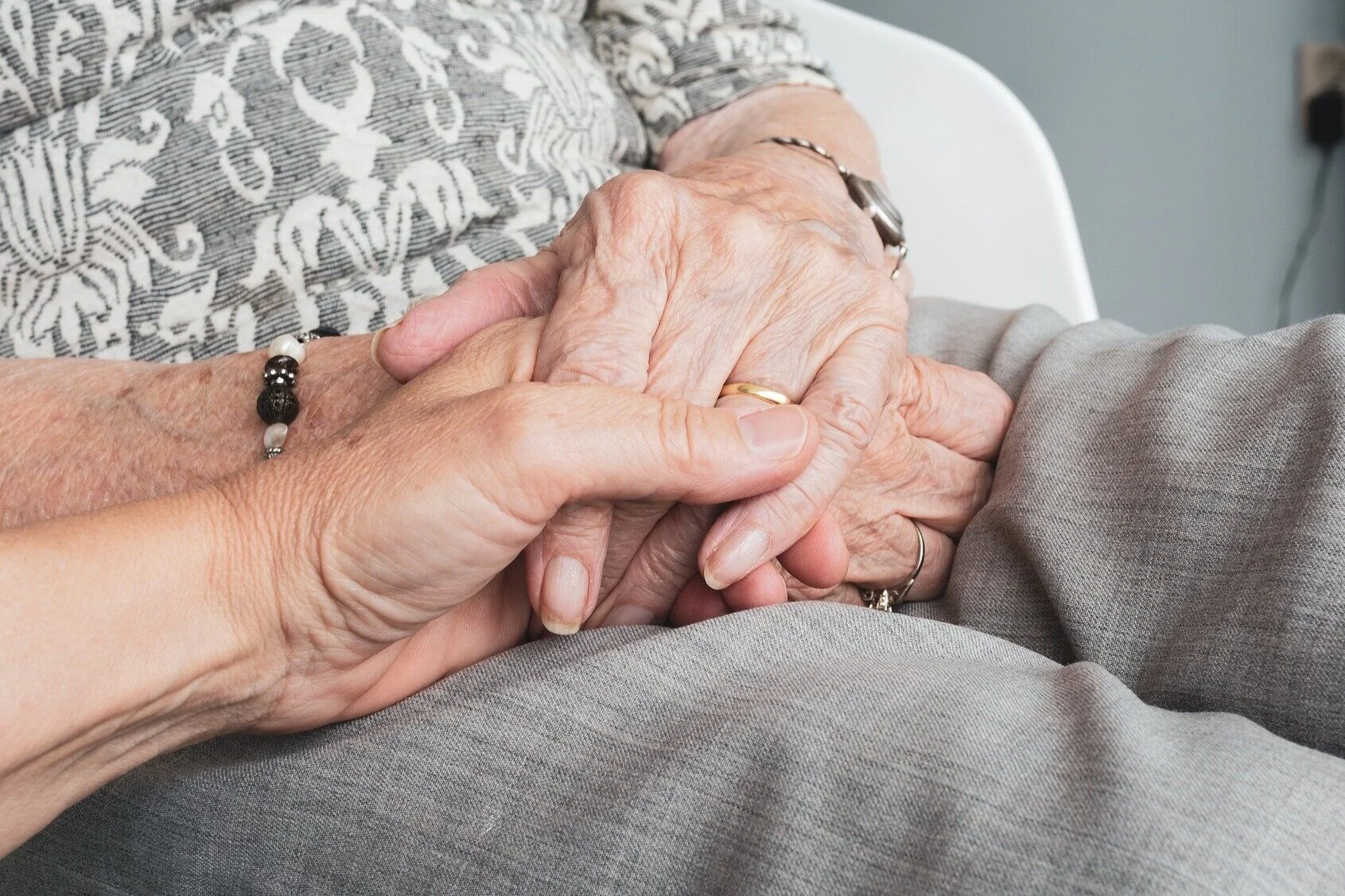Guardianship
Safeguard your future healthcare needs with Enduring Guardianship.
Appoint an Enduring Guardian to make decisions about your care.
A Guardianship involves empowering someone to make decisions about your health and personal care needs on your behalf.
It gives you peace of mind that your healthcare needs will be taken care of, if you cannot take care of yourself.
What is Enduring Guardianship?
A Guardianship – also known as an Enduring Guardian or Enduring Guardianship - is an essential part of your estate plan.
It is designed to ensure your wellbeing and care needs are met, only in the event that you are unable to look after yourself or are incapacitated – through accident, injury, illness or advanced age for instance – and are not capable of making healthcare and everyday living decisions for yourself anymore.
You can have a Guardianship in place at any age. Your Guardian can decide things like:
The place (such as a specific nursing home, or your own home) where you are to live
The health care that you are to receive
The other kinds of personal services that you are to receive, such as who will cut your hair
The medical or dental treatment to be carried out on you
Your Guardian cannot manage your finances, make a Will for you and they cannot override your objections to any medical treatment.
Appoint the right Guardian for you: Trusted expert advice
At Betar Lawyers we have considerable experience in Guardianship matters and understand the personal and sensitive nature of appointing a Guardian.
We take the time to listen to you, so we can understand your circumstances and create the right Guardianship document for your needs.
We will act in your best interests at all times, including when you decide who to appoint as your Guardian. The person you choose must be someone that you absolutely trust with your care. If we consider the Guardian is inappropriate, we will advise you accordingly.
Guardianship or Power of Attorney?
What’s the difference between Guardianship and Power of Attorney?
A Guardian looks after your healthcare and personal care needs if you lose capacity.
Whilst an Enduring Power of Attorney takes care of your finances and property matters, if you lose capacity.
Both are essential elements of an estate plan and give you peace of mind that all your financial affairs and healthcare needs will be taken care of, if for some reason you cannot take care of yourself.
You can visit our Power of Attorney page for more information.
Enduring Guardianship FAQs
+ What powers does a Guardian have?
A Guardianship only comes into effect if you lose capacity. And it is concerned with your healthcare and living needs only. Such as the medical treatment you can receive, like dental care. Or even who will cut your hair, and where you live.
+ When would I 'lose capacity'?
You lose capacity when you are not able to make decisions for yourself. This would include if you are having an operation and are under general anaesthetic. Or you suffer an irreversible progressive brain disorder like Alzheimer’s disease, where you are not capable of making decisions for yourself.
+ Can I decide what my Guardian can and cannot do?
Yes, if there are specific things that you do not want your Guardian to have authority over, you can set this out in your Guardianship paperwork. For instance, you might not want them to be able to decide certain personal services, or where you live. You can also stipulate additional directions, if for example you want them to consult a medical professional for certain matters.
We can ensure that your Guardianship reflects all your wishes in detail, and takes care of every eventuality.
+ Does a Guardianship affect my Will?
No, a Guardianship is only effective whilst you are alive. Your Guardian cannot change your Will or make any financial decisions for you.
+ How do I choose someone to be my Guardian?
Your Guardian must be someone who is over the age of 18. You can have more than one Guardian if you wish. You can choose a family member, or a trusted friend. You must be confident that they will act in your best interests at all times. We can advise on choosing a Guardian if you are not sure and need help.
+ Useful links: Guardianship
For more information on Enduring Guardianship, visit:
Enduring Guardianship costs
We will give you a detailed fee estimate upfront to create your Enduring Guardianship, with full disclosure of all the associated costs and expenses, so you know what you are paying in advance. All our work is backed by our Value Guarantee, our promise of exceptional service.
Arrange Enduring Guardianship with Betar Lawyers
Contact our team to discuss arranging a Guardianship on +61 (0)2 9279 1100 or book a consultation below.



